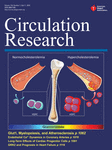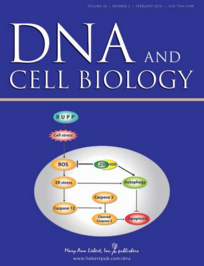
We’ve found another retraction for Shigeaki Kato, number seven on our leaderboard.
Our count for Kato has now risen to 39; we added five retraction notices to our count for Kato last month. These notices follow an investigation at the University of Tokyo, where Kato used to work, which found 43 papers contained “likely altered or forged materials,” according to a 2013 news article from The Asahi Shimbun.
Here’s the retraction note for “1alpha,25(OH)2D3-induced DNA methylation suppresses the human CYP271B1 gene,” published in Molecular and Cellular Endocrinology:
Continue reading Retraction count for Shigeaki Kato climbs to 39
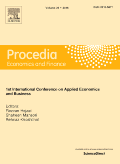


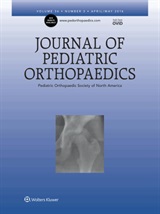 The corresponding author asked the Journal of Pediatric Orthopaedics to retract an article that found popular pain medicines can curb growth in rats, in light of an unresolved authorship dispute.
The corresponding author asked the Journal of Pediatric Orthopaedics to retract an article that found popular pain medicines can curb growth in rats, in light of an unresolved authorship dispute.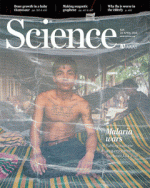 With
With 